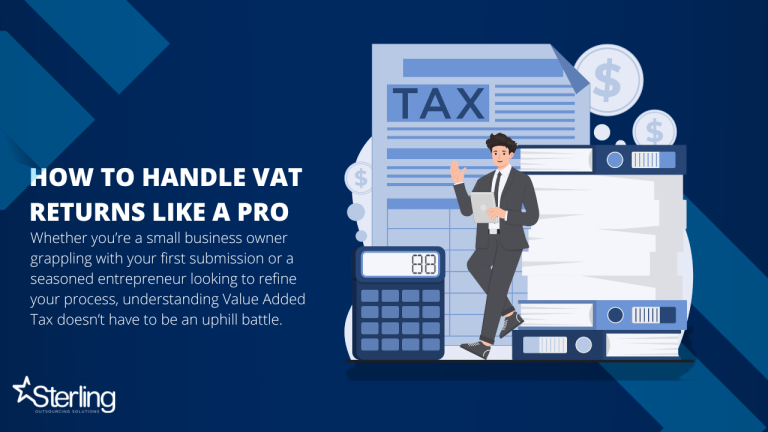Understanding P11D and Its Importance
The P11D form is required by HMRC to report benefits and expenses provided to employees that aren’t included in payroll, such as company cars, medical insurance, or interest-free loans. This form ensures the correct taxes are calculated and paid, contributing to the accuracy of the employee’s UK tax return.
Why Is the P11D Important?
- Legal Compliance: Ensures employers meet HMRC requirements.
- Accurate Tax Records: Helps employees understand their tax liabilities.
- Avoid Penalties: Timely submission prevents fines and reputational damage.
Employers must submit a P11D form for each relevant employee, alongside a P11D(b) form, which declares the total Class 1A National Insurance owed on these benefits.
Deadline for Filing P11D
The official P11D filing deadline is 6 July following the end of the tax year. For instance, for the 2024/25 tax year, the P11D deadline would be 6 July 2025. Employers must also pay any Class 1A National Insurance by 22 July 2025 if paying electronically, or by 19 July if paying by cheque.
Missing the deadline for P11D submission could result in HMRC imposing penalties, starting at £100 per 50 employees for every month the return is late.
Key Dates to Remember:
| Date | Action Required |
|---|
| 6 July | Submit P11D forms to HMRC. |
| 19 July | Pay Class 1A National Insurance (by cheque). |
| 22 July | Pay Class 1A National Insurance (electronically). |
Common Mistakes to Avoid
Mistakes in the P11D submission process can lead to delays or penalties. Here are some pitfalls to watch out for:
- Late Submission: Failing to file by the P11D deadlines incurs fines.
- Incorrect Information: Errors in employee details or benefit values can lead to further investigations.
- Missing Forms: Forgetting to submit the P11D(b) form alongside P11D forms.
- Neglecting Employee Notifications: Not providing employees with copies of their P11D forms by the deadline.
- Incorrect National Insurance Calculations: Miscalculating Class 1A contributions can result in underpayment or overpayment.
Tips for Staying Compliant
Adhering to the P11D deadline requires preparation and a keen eye for detail. Here’s how to stay on track:
- Start Early: Begin gathering information on employee benefits and expenses well before the deadline.
- Review Records: Double-check the accuracy of all reported benefits to avoid errors.
- Communicate with Employees: Ensure employees verify the details of their benefits to minimise disputes.
- Automate the Process: Use payroll software to calculate benefits and Class 1A National Insurance automatically.
- Set Reminders: Use digital calendars to track key dates like the P11D submission deadline.
- Consult a Tax Professional: For complex cases, seek advice to ensure compliance.
Consequences of Non-Compliance
Failure to meet the P11D deadlines can have serious repercussions:
- Fines and Penalties: £100 per 50 employees per month for late submissions.
- Additional HMRC Scrutiny: Late or inaccurate submissions could trigger audits.
- Employee Dissatisfaction: Errors in benefits reporting may lead to disputes or complaints.
- Interest on Late Payments: Delayed payment of Class 1A National Insurance attracts interest charges.
Tools and Resources for Filing P11D
Using the right tools can simplify the P11D filing process:
- Payroll Software: Platforms like Sage, Xero, or QuickBooks can calculate and file P11D forms electronically.
- HMRC Online Services: Employers can submit forms directly via HMRC’s portal.
- Templates and Checklists: Use downloadable templates to ensure all required information is included.
- Professional Advisors: Tax consultants or accountants can provide expert guidance.
- Training Webinars: HMRC often hosts webinars to help employers understand the process.
Conclusion
As the P11D deadline approaches, preparation is key to avoiding penalties and ensuring compliance. By understanding the process, using the right tools, and following best practices, employers can navigate the P11D submission deadline with confidence. Stay proactive, review your records thoroughly, and seek assistance if needed to make the process seamless.
FAQ's
- What is the P11D form used for?
The P11D form reports taxable benefits and expenses provided to employees, ensuring accurate tax calculations. - When is the P11D deadline for the 2024/25 tax year?
The deadline for filing P11D forms is 6 July 2025, with Class 1A National Insurance payments due by 22 July 2025. - What happens if I miss the P11D deadline?
Late submissions incur fines starting at £100 per 50 employees per month. Additional penalties may apply for inaccuracies. - Can I file P11D forms online?
Yes, you can submit P11D forms electronically through HMRC’s online services or using compatible payroll software. - Do I need to provide employees with a copy of their P11D form?
Yes, employees must receive a copy of their P11D form by the 6 July deadline. - Are there any exemptions from filing a P11D form?
If all benefits are processed through payroll, employers do not need to file a P11D form but must still submit a P11D(b) form.
By staying informed and organised, you can ensure a smooth and compliant P11D filing process.




